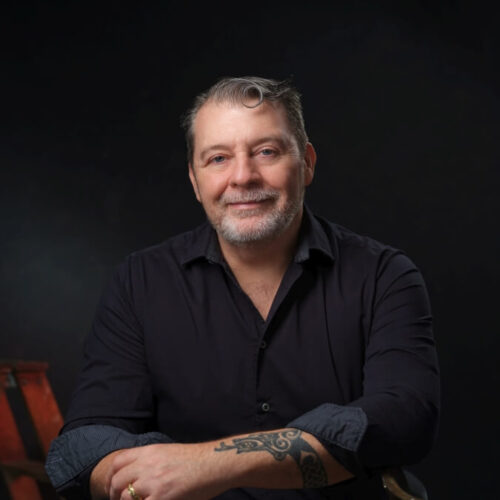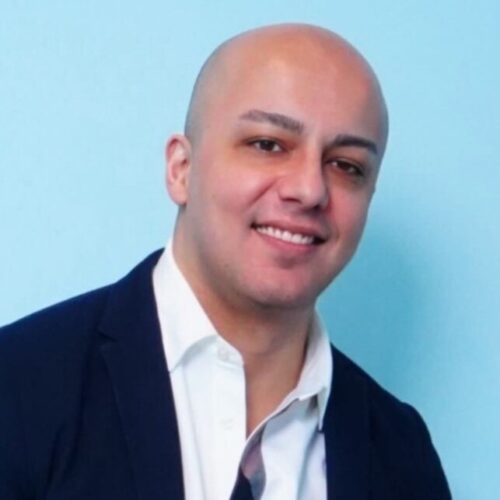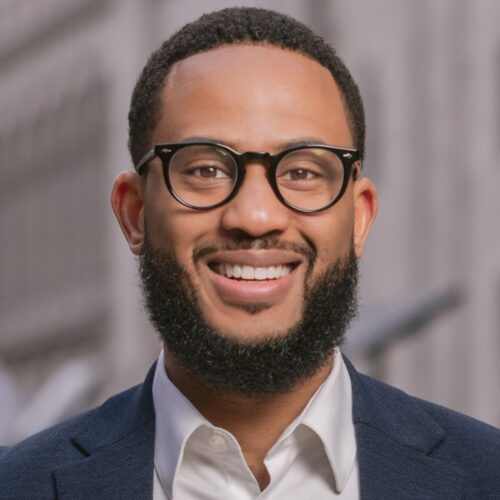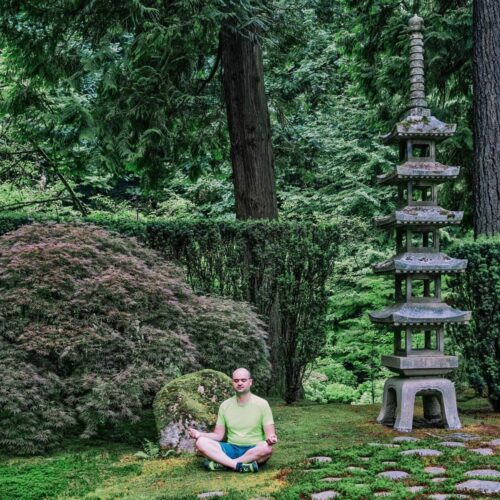Socrates at Newtonbrook Secondary School: Be Unreasonable!
Socrates / Podcasts
Posted on: February 28, 2013 / Last Modified: August 22, 2020
Podcast: Play in new window | Download | Embed
Subscribe: RSS
Yesterday I went to speak to a class of grade 12 students from the Newtonbrook Secondary School in Toronto. I have been looking forward to this opportunity to challenge and be challenged by the next generation of bright young minds, and was not going to be prevented from going there, be it by a Canadian winter storm of by any other of life’s tragedies.
Needless to say, I enjoyed speaking to the students very much and hope that they benefit from talking to me as much as I did talking to them.
As always you can listen to or download the audio file above or scroll down and watch the video interview in full. To show your support you can write a review on iTunes, make a direct donation or become a patron on Patreon.
My Talking Points for Newtonbrook Secondary School:
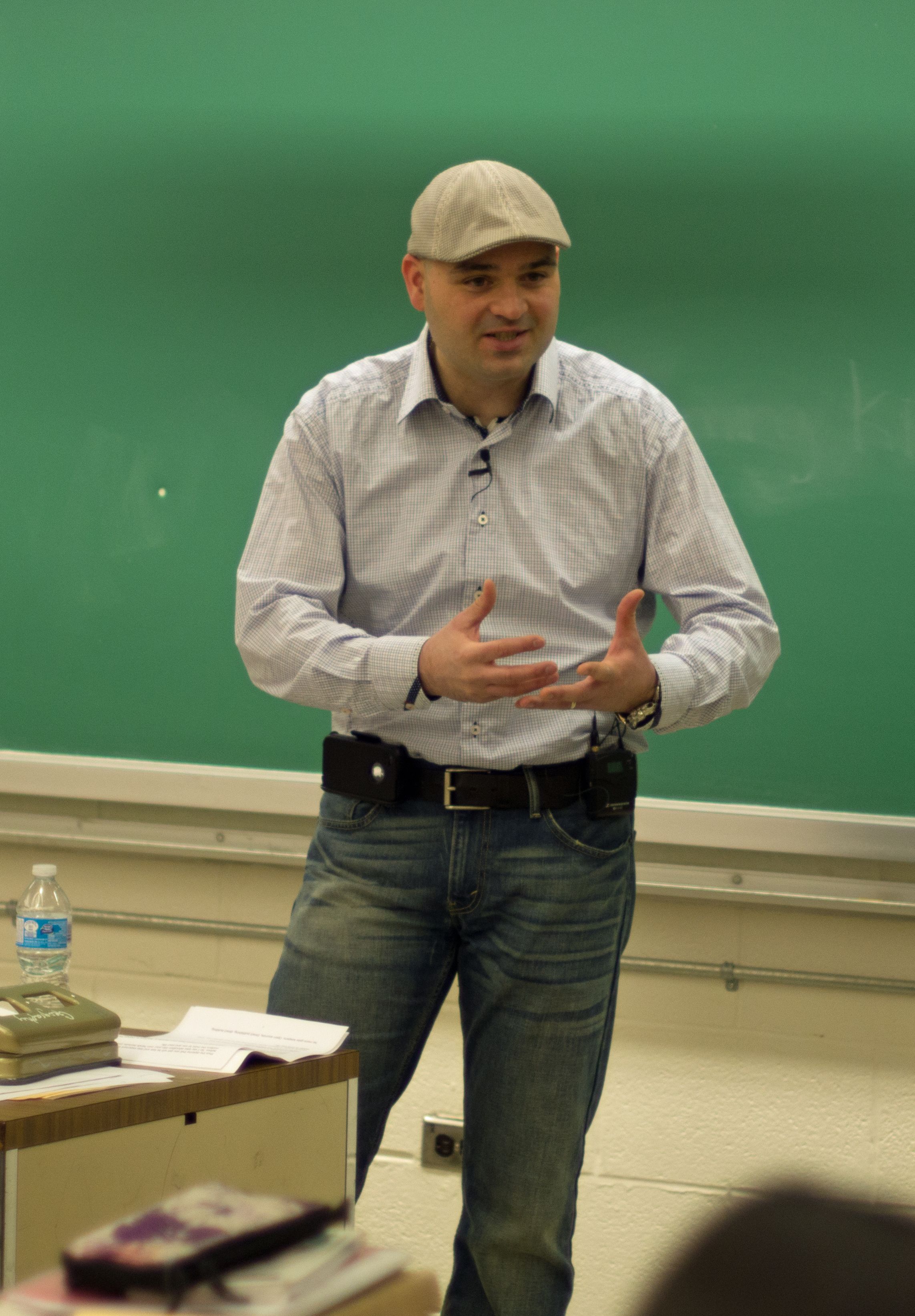 I want to begin today by acknowledging your teacher Hermine Steinberg – Hermine doesn’t know what I am going to say today and she probably wouldn’t approve some or much of it. What she certainly knows is that she is taking a risk by inviting me here. And, from my life experience I know that you risk, you take a chance only if you care about something or someone. So I want to recognize her and tell you that you are lucky to have a teacher who is willing to risk for you, because she really cares.
I want to begin today by acknowledging your teacher Hermine Steinberg – Hermine doesn’t know what I am going to say today and she probably wouldn’t approve some or much of it. What she certainly knows is that she is taking a risk by inviting me here. And, from my life experience I know that you risk, you take a chance only if you care about something or someone. So I want to recognize her and tell you that you are lucky to have a teacher who is willing to risk for you, because she really cares.
Who am I and why am I here today?
My name is Nikola Danaylov aka Socrates. I am the blogger behind SingularityWeblog.com and the host of the Singularity 1 on 1 podcast.
I get about 50,000 unique visitors per month and have had over half a million downloads of my show.
Two summers ago I was very fortunate to be one of very few people who had the opportunity to go to Singularity University which is located on NASA’s Ames Campus in Mountain View, California. There I met some of the most incredible people in the world such as Steve Wosniak, Ray Kurzweil, Peter Diamandis, Aubrey de Grey and astronaut Dan Barry and had the chance to visit companies like Google, Facebook, Cisco, Tesla and many others.
But enough about me.
I am here to talk about you!
One of the big questions in schools today is: Are students Bored or Apathetic?!
My hypothesis is that students are bored. Just like I was bored when I was in school.
So for the next 40 min or so I will throw some of today’s biggest ideas at you to find out if I am right or wrong. After I am done we will start a conversation where you can say what you think and how you feel.
So, let’s start our conversation with education: the thing about education is that it holds a promise. A promise that was probably told to you by both your parents and by your teachers.
“Do your school work, get good grades in your classes and you will get a good job and a good life.”
Well, I am here to tell you that your school grades don’t matter that much. In fact, they don’t matter at all.
Let me give you 2 examples: Bob McDonald and Jack Andraka.
So, in short, I don’t care that you barely passed or even failed biology or chemistry. You can still reinvent the meaning and the scope of biology, chemistry or anything else you put your mind to it.
As someone who spent a long time in school and has had a few academic awards, I have come to discover that success in school doesn’t mean success in life – neither personally nor professionally.
Education is historical i.e. to say it is retrospective in nature. It is about the past. But what I am here for is to propose that we must look to the future.
And so: Why talking about the future is as important, if not more, than talking about history?!
Let me give you 2 reasons:
1. “We can’t do anything about the past, however. People often excuse this by saying that we know a lot more about the past. But modest efforts have often given substantial insights into our future, and we would know much more about the future if we tried harder.” Robin Hanson
2. It might be that your generation will be the one to steer our civilization at a time of unparalleled peril and promise. At a time when humanity may face immortality or extinction, when we might colonize the stars or go back to the stone age.
And, so, let’s talk about the future:
The biggest trend is Accelerating Change: according to Ray Kurzweil in the next 10 years we are going to experience change equal to the one that used to happen for 1,000 years.
Moore’s Law and the Law of Accelerating Returns
Exponential change – 30 exponential steps down the way takes a billion steps down the road
What are the major fields of accelerating change:
1. Robotics and Artificial Intelligence: from Google’s robot car to killer drones to Deep Blue and Watson
2. Genetic engineering and Synthetic Bio
Decoding the human genome cost over 3 billion dollars and took many scientists a cooperative effort for over 10 years.
Today you can do that for 2,000 dollars with single machine over 1 day. What does that mean?
That means we might put an end to cancer, create algae that eats pollution or produces oil, or that we could eventually plant a seed that may turn into a house.
4. Explosion in internet and computer users and especially in data: 3 billion internet users exponential explosion of devices i.e. Internet of Things
cheaper, faster, smaller, better – smart phones and everything else
Today’s smartphone most powerful computer of 1985 (War Games computer)
Zetabytes of information: kilobyte, megabyte, gigabyte, terabyte, petabyte, exabyte, zetabyte i.e. 1 with 21 zeros that’s 250 billion DVD’s of information per year
92% of world data was generated in the past 2 years
5. Nanotechnology: being able to build things from the ground up, one atom at a time.
No waste, no energy loss, on the spot, on demand by nanofabricators.
6. 3D printing from jaws, to beaks, to prosthetics and houses
7. Bio printing: Dr. Anothony Atala printed a human bladder from stem cells.
8. Ageing and life expectancy
Cro-Magnon Era: 18 years
Ancient Egypt: 25 years
Ancient Greece: 28 years
1400 Europe: 30 years
1800 Europe and USA: 37 years
1900 USA: 48 years
2002 United States: 78 years
right now every 1 year our life expectancy improves by 3 months
There will be a point when every year our life expectancy will improve by another 1: this is what Dr. Aubrey de Grey calls Longevity Escape Velocity. In simple words that means that we will be able to prolong life indefinitely.
9. Whole brain simulation, whole brain emulation and mind uploading:
Books and music went from material to digital but that is only the beginning. I am here to tell you that whatever can become information will become information.
We are all living software – what Prof. George Church calls the oldest text i.e. DNA.
The trend is that eventually we will transition seamlessly material things into information and, with 3D printing, information back into material objects.
And that includes us!
Mind uploading is not science fiction any more!
10. Transhumanism: the belief that with technology we have and we can continue to improve who we are and what we can do.
Hamlet’s Transhumanist Dilemma
11. The technological singularity
Definitions of Singularity:
1. the state of being singular, distinct, peculiar, uncommon or unusual
2. (mathematics) the value or range of values of a function for which a derivative does not exist
3. (physics) a point or region in spacetime in which gravitational forces cause matter to have an infinite density; associated with Black Holes
4. In the technological sense there are many definitions but I will give you one that fits best what we are talking about today:
Intelligence explosion: this intelligence could be enhanced, augmented human intelligence. Or it could be machine i.e. Artificial Intelligence.
So, the question is: what happens when machines becomes smarter than us?
The best answer we have come up with so far is that: “We don’t really know!”
And that is why it is a singularity, it is a point in our future where our ability to predict and model what is likely to happen will fall apart.
So, what does this all mean for you?
Chances are that you are the ones to stand on the edge of the event horizon. You are the generation that might have to steer our civilization at a time of unparalleled peril and promise.
At a time when humanity may face immortality or extinction, when we might colonize the stars or go back to the stone age.
And so, I am here to ask you: “What are you going to do?”
Takeaway message:
Education is very important but not the one that others, be it teachers or parents, give to you – it is what you give to yourself.
Thus the diploma that you get will be less and less important than ever before. So I say – take education into your own hands because your education matters the most to you and your life.
Don’t wait for permission from your parents or teachers to change the world. Keep learning and improving.
Build stamina: Life is a marathon, not a sprint. You will fail endless times before you succeed. (Dan Barry had to apply 13 times to NASA but he never gave up on his dream to be an astronaut.)
“The reasonable man adapts himself to the world; the unreasonable one persists in trying to adapt the world to himself. Therefore all progress depends on the unreasonable man.”
Geroge Bernard Shaw, “Maxims for Revolutionists,” Man and Superman, 1903
So when your teacher or parents ask you to be “reasonable”, I say: “Be very unreasonable!”


